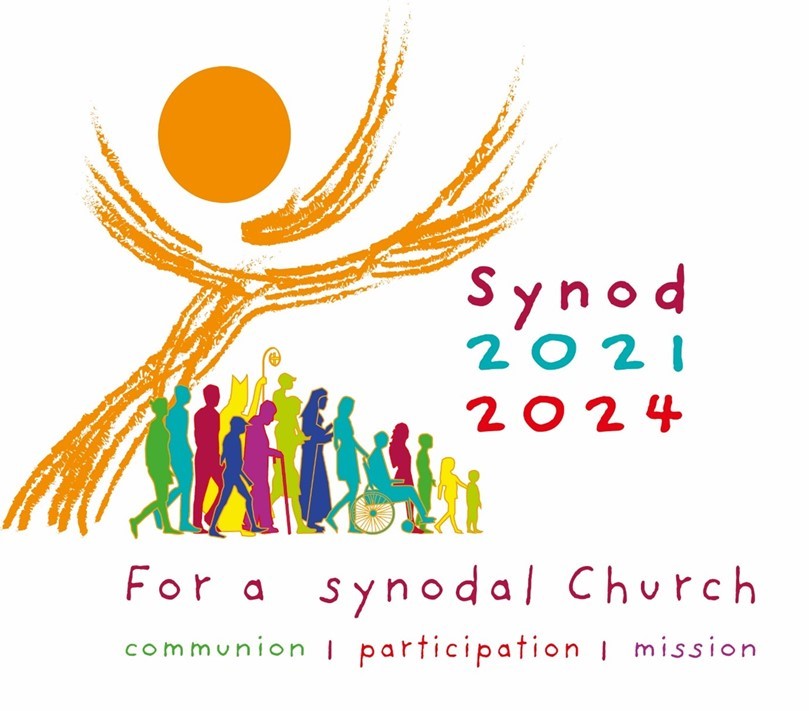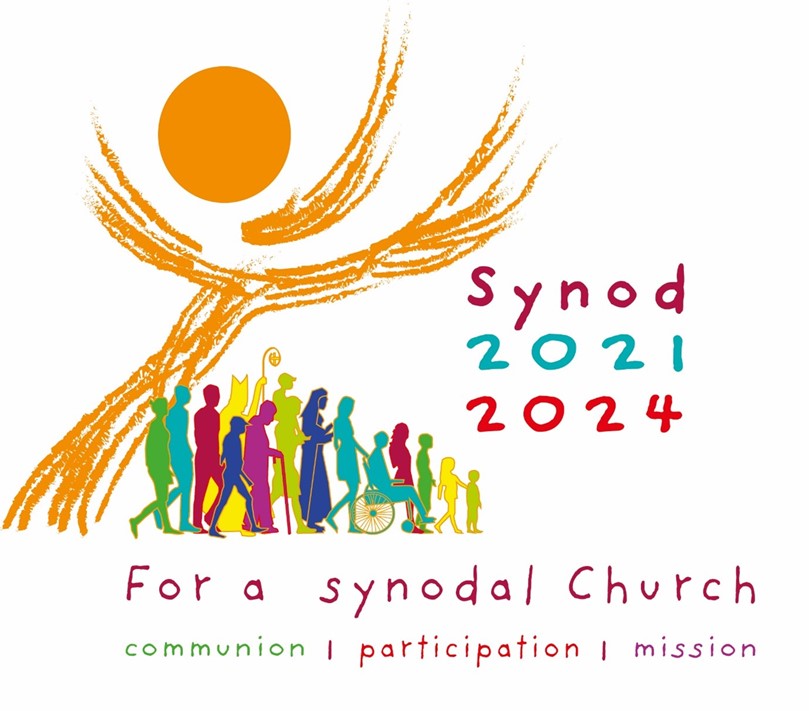As part of the material sent to me, I came across The Pact of the Catacombs, which I recall sharing with you many years ago. I thought some of you may like to read this as part of this week’s message. As I re-read it, I was struck by its language and hope for a different church that responds to the signs of the times (aggiornamento) in an attempt to bring it up to date to meet current needs. This was one of the underpinning principles of the Second Vatican Council, the other being ressourcement which was about taking us back to our sources. Put simply, it is about looking back and looking to the future.
Here we are, 60 years later, yearning for that same hope. As you read it, I invite you to hear the echo of the papacy of Pope Francis and the current journey of the Bishop’s Synod on Synodality.
The Pact of the Catacombs (Domitilla) A poor servant Church
On the evening of November 16, 1965, as the Second Vatican Council drew to a close, 40 bishops met at night in the Domitilla Catacombs outside Rome.
In that holy place of Christian dead, they celebrated the Eucharist and signed a document that expressed their personal commitments as bishops to the ideals of the Council under the suggestive title of the Pact of the Catacombs. The only place that its complete text is found to be transcribed is in the Chronicle of Vatican II by the Franciscan bishop Boaventura Kloppenburg. He titled the document Pact of the Servant and Poor Church. It is known that the bishops were led by Archbishop Helder Camara of Recife, Brazil, one of the widely respected 20th-century champions of justice and peace. Later on, Cardinal Roger Etchagaray, who served as honorary president of the Pontifical Council, Justice and Peace, also signed it. Here are its words:
We, bishops assembled in the Second Vatican Council, are conscious of the deficiencies of our lifestyle in terms of evangelical poverty. Motivated by one another in an initiative in which each of us has tried to avoid ambition and presumption, we unite with all our brothers in the episcopacy and rely above all on the grace and strength of Our Lord Jesus Christ and on the prayer of the faithful and the priests in our respective dioceses. Placing ourselves in thought and in prayer before the Trinity, the Church of Christ, and all the priests and faithful of our dioceses, with humility and awareness of our weakness, but also with all the determination and all the strength that God desires to grant us by his grace, we commit ourselves to the following:
- We will try to live according to the ordinary manner of our people in all that concerns housing, food, means of transport, and related matters.
See Matthew 5,3; 6,33ff; 8,20. - We renounce forever the appearance and the substance of wealth, especially in clothing (rich vestments, loud colours) and symbols made of precious metals (these signs should certainly be evangelical).
See Mark 6,9; Matthew 10,9-10; Acts 3.6 (Neither silver nor gold). - We will not possess in our own names any properties or other goods, nor will we have bank accounts or the like. If it is necessary to possess something, we will place everything in the name of the diocese or of social or charitable works.
See Matthew 6,19-21; Luke 12,33-34. - As far as possible we will entrust the financial and material running of our diocese to a commission of competent lay persons who are aware of their apostolic role, so that we can be less administrators and more pastors and apostles.
See Matthew 10,8; Acts 6,1-7. - We do not want to be addressed verbally or in writing with names and titles that express prominence and power (such as Eminence, Excellency, Lordship). We prefer to be called by the evangelical name of “Father.”
See Matthew 20,25-28; 23,6-11; John 13,12-15). - In our communications and social relations we will avoid everything that may appear as a concession of privilege, prominence, or even preference to the wealthy and the powerful (for example, in religious services or by way of banquet invitations offered or accepted).
See Luke 13,12- 14; 1 Corinthians 9,14-19. - Likewise, we will avoid favouring or fostering the vanity of anyone at the moment of seeking or acknowledging aid or for any other reason. We will invite our faithful to consider their donations as a normal way of participating in worship, in the apostolate, and in social action.
See Matthew 6,2-4; Luke 15,9-13; 2 Corinthians 12,4. - We will give whatever is needed in terms of our time, our reflection, our heart, our means, etc., to the apostolic and pastoral service of workers and labour groups and to those who are economically weak and disadvantaged, without allowing that to detract from the welfare of other persons or groups of the diocese. We will support lay people, religious, deacons, and priests whom the Lord calls to evangelize the poor and the workers by sharing their lives and their labors.
See Luke 4,18-19; Mark 6,4; Matthew 11,4-5; Acts 18,3-4; 20,33-35; 1 Corinthians 4,12; 9,1-27. - Conscious of the requirements of justice and charity and of their mutual relatedness, we will seek to transform our works of welfare into social works based on charity and justice, so that they take all persons into account, as a humble service to the responsible public agencies.
See Matthew 25,31-46; Luke 13,12-14; 13,33-34. - We will do everything possible so that those responsible for our governments and our public services establish and enforce the laws, social structures, and institutions that are necessary for justice, equality, and the integral, harmonious development of the whole person and of all persons, and thus for the advent of a new social order, worthy of the children of God.
See Acts 2,44-45; 4;32- 35; 5,4; 2 Corinthians 8 and 9; 1 Timothy 5,16. - Since the collegiality of the bishops finds its supreme evangelical realization in jointly serving the two-thirds of humanity who live in physical, cultural, and moral misery, we commit ourselves: a) to support as far as possible the most urgent projects of the episcopacies of the poor nations; and b) to request jointly, at the level of international organisms, the adoption of economic and cultural structures which, instead of producing poor nations in an ever richer world, make it possible for the poor majorities to free themselves from their wretchedness. We will do all this even as we bear witness to the gospel, after the example of Pope Paul VI at the United Nations.
- We commit ourselves to sharing our lives in pastoral charity with our brothers and sisters in Christ, priests, religious, and laity, so that our ministry constitutes a true service. Accordingly, we will make an effort to “review our lives” with them; we will seek collaborators in ministry so that we can be animators according to the Spirit rather than dominators according to the world; we will try to make ourselves as humanly present and welcoming as possible; and we will show ourselves to be open to all, no matter what their beliefs.
See Mark 8,34-35; Acts 6,1-7; 1 Timothy 3,8- 10.
When we return to our dioceses, we will make these resolutions known to our diocesan priests and ask them to assist us with their comprehension, their collaboration, and their prayers.
May God help us to be faithful.
Change is slow and yet it is in God’s time. Please keep praying for the Bishop’s Synod on Synodality which will take place in Rome from October 4 to October 29. 2023. The three areas for discernment are communion, participation and mission. The Synod is not an event but a process in which the whole People of God is called to walk together toward what the Holy Spirit helps it to discern as being the Lord's will for his Church.



Follow mnnews.today on Facebook.

